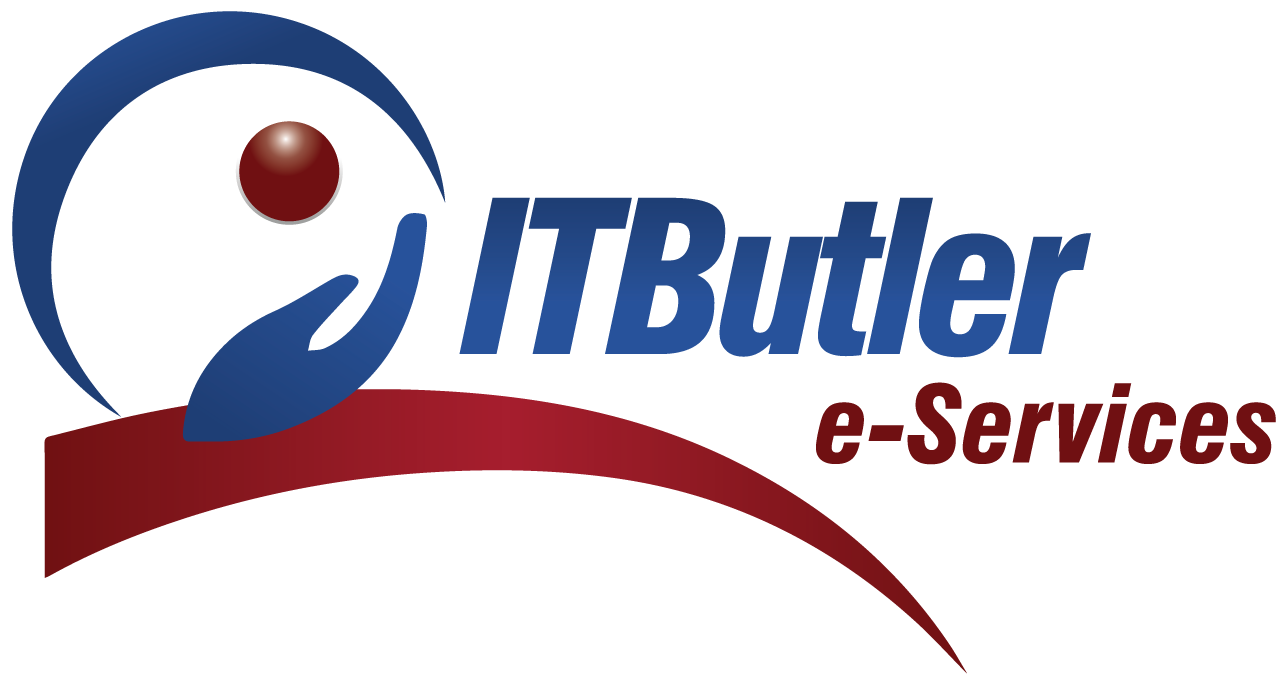In the intricate landscape of cybersecurity, compliance with industry standards is a fundamental pillar of ITButler’s commitment to robust and secure digital environments. This comprehensive exploration delves into our dedication to international standards such as ISO 27001, NIST, CMMC, while also spotlighting compliance with regulations specific to CCC Aramco, CST (Communications, Space & Technology Commission), NCA (National Cyber Security Authority), and SAMA (Saudi Arabian Monetary Authority) in Saudi Arabia. Join us on this journey as we outline the details of each compliance, providing a thorough understanding of how ITButler aligns with global and local cybersecurity standards.
International Standards Compliance
ISO 27001 – Information Security Management System (ISMS)
ITButler adheres to the ISO 27001 standard, an internationally recognized framework for establishing, implementing, maintaining, and continually improving an Information Security Management System (ISMS). Our compliance ensures a systematic approach to managing sensitive company information, data security, and risk management. ITButler’s ISO 27001 certification demonstrates our dedication to maintaining the highest international standards in information security.
NIST – National Institute of Standards and Technology
Compliance with NIST standards is a key element of ITButler’s commitment to robust cybersecurity practices. NIST provides a comprehensive framework, including the Cybersecurity Framework (CSF), which assists organizations in managing and reducing their cybersecurity risk. ITButler aligns its practices with NIST guidelines, ensuring a proactive and risk-based approach to cybersecurity that is in line with international best practices.
CMMC – Cybersecurity Maturity Model Certification
In adherence to the evolving landscape of cybersecurity, ITButler aligns with the Cybersecurity Maturity Model Certification (CMMC). This framework is specifically designed for organizations working with the U.S. Department of Defense (DoD) and emphasizes the importance of cybersecurity maturity levels. ITButler’s compliance with CMMC reflects our commitment to adapting to the latest standards and ensuring cybersecurity readiness at every level.
Saudi Cybersecurity Regulations and Compliance
CCC Aramco
Compliance with CCC Aramco regulations is paramount for ITButler, particularly in the context of the energy sector. CCC Aramco sets stringent standards for information security and risk management in the oil and gas industry. ITButler’s compliance with CCC Aramco regulations ensures that our cybersecurity practices meet the specific requirements of this critical sector, contributing to the resilience of energy infrastructure in Saudi Arabia.
CST (Communications, Space & Technology Commission)
The Communications, Space & Technology Commission (CST) is the updated name for CITC (Communications and Information Technology Commission) in Saudi Arabia. ITButler aligns with CST regulations, particularly in the telecommunications and information technology sector. This includes guidelines related to data protection, network security, and the overall resilience of information and communication technology infrastructure.
NCA (National Cyber Security Authority)
ITButler ensures compliance with the regulations set forth by the National Cyber Security Authority (NCA) of Saudi Arabia. The NCA plays a pivotal role in establishing and enforcing the cybersecurity strategy for the Kingdom. Compliance with NCA guidelines ensures that ITButler operates in accordance with national cybersecurity policies, contributing to the overall security posture of the country.
SAMA (Saudi Arabian Monetary Authority)
Adherence to the guidelines of the Saudi Arabian Monetary Authority (SAMA) is paramount for ITButler, especially in the financial sector. SAMA sets stringent standards for information security and risk management in financial institutions. ITButler’s compliance with SAMA regulations ensures that our cybersecurity practices meet the specific requirements of the financial industry in Saudi Arabia.
The Integrated Approach: Outcomes and Benefits
Comprehensive Risk Mitigation
By aligning with international standards and specific regulations such as CCC Aramco, CST, NCA, and SAMA, ITButler ensures comprehensive risk mitigation. This integrated approach identifies and addresses vulnerabilities, fortifying organizations against potential cyber threats. The result is a robust and resilient security posture that meets the unique requirements of both global standards and local regulations.
Informed Decision-Making
Compliance with industry standards facilitates informed decision-making. ITButler’s approach provides organizations with insights into potential risks, allowing for prioritized remediation efforts. Informed decision-making is crucial for optimizing resource allocation and addressing vulnerabilities that pose the highest risks, aligning with both international and local regulatory expectations.
Continuous Improvement Initiatives
ITButler’s commitment to compliance extends to continuous improvement initiatives. By adapting cybersecurity practices to the evolving threat landscape, we contribute to the overall cybersecurity maturity of organizations. This approach aligns with international best practices and specific requirements set forth by CCC Aramco, CST, NCA, and SAMA, ensuring that cybersecurity measures evolve with the changing landscape.
Conclusion
ITButler’s dedication to compliance encompasses a harmonious integration of international standards and local regulations. By adhering to ISO 27001, NIST, CMMC, CCC Aramco, CST, NCA, and SAMA, we ensure that organizations partnering with ITButler receive a resilient and compliant foundation for their digital operations. ITButler stands at the forefront of cybersecurity, navigating the complex regulatory landscape to provide organizations with a secure, compliant, and forward-looking approach to their cybersecurity needs.






